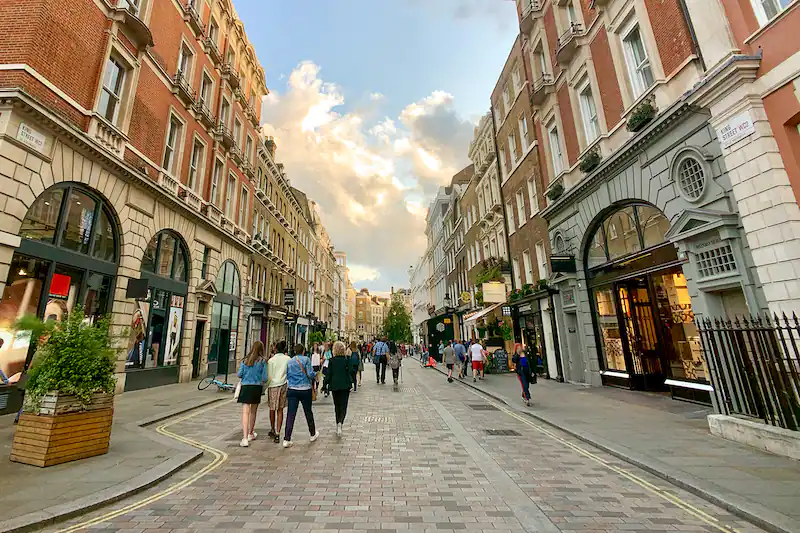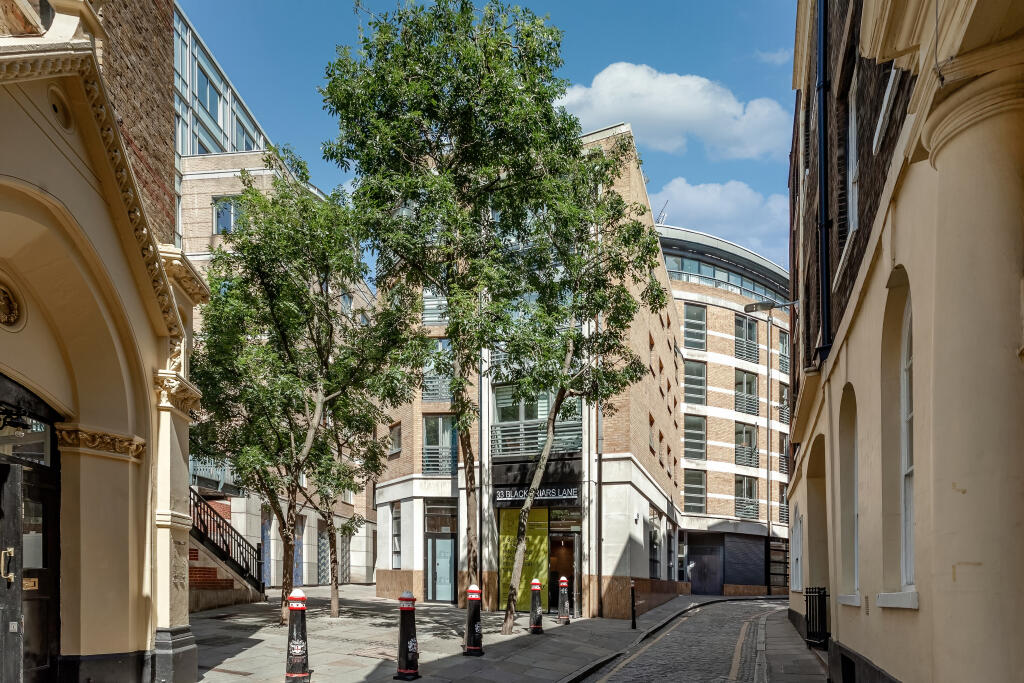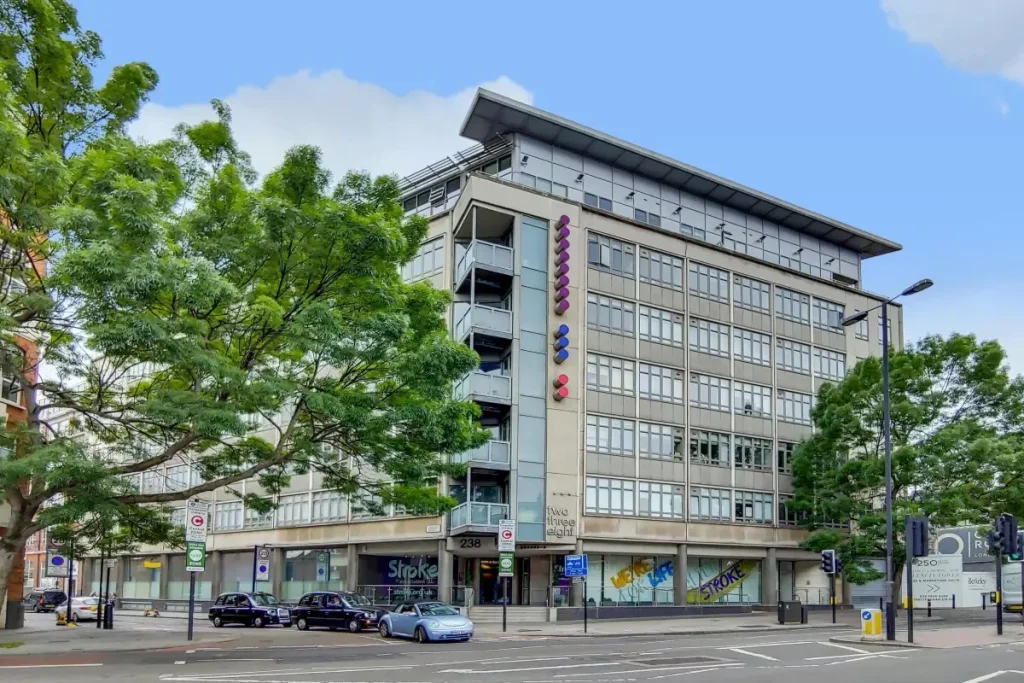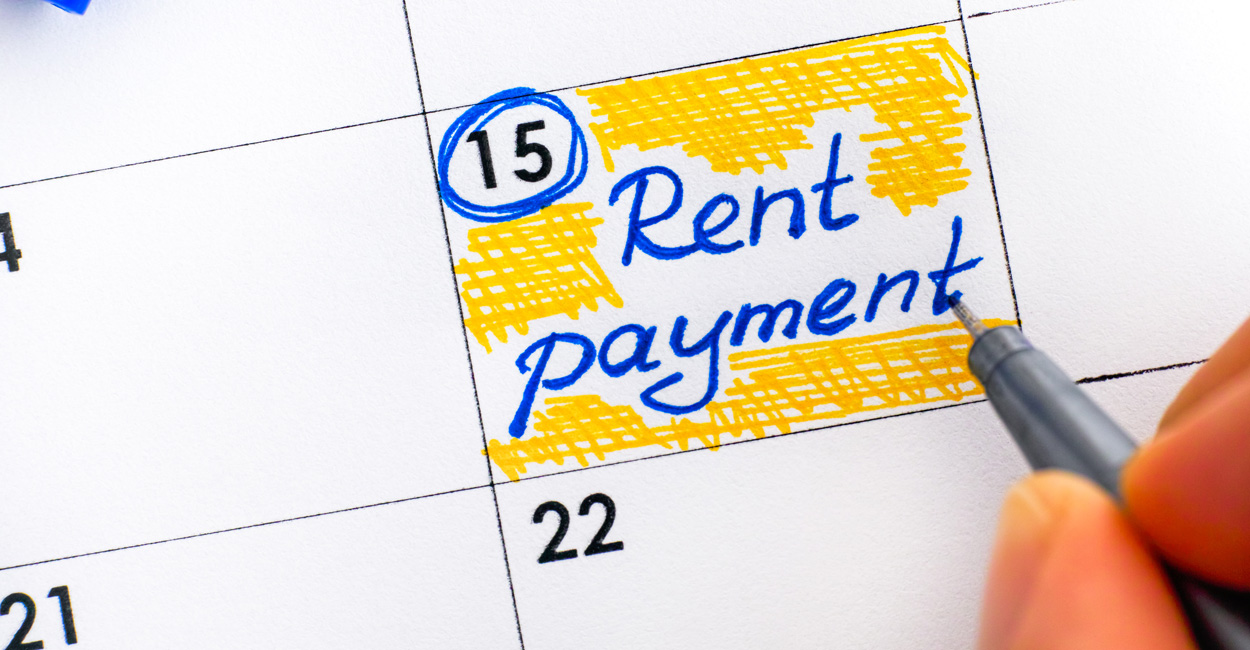
Home for Global Students
4.9/5


GET APP
Rent in London: Insights for a Successful Search

Leave a comment



London, a city revered for its iconic landmarks, diverse culture, and vibrant lifestyle, also presents a unique set of challenges and opportunities when it comes to finding a place to call home. In this blog, we’ll help you find your dream property to rent in London, offering you invaluable tips to help you secure your ideal accommodation in this dynamic metropolis. Let’s embark on this journey together, transforming the daunting task of renting into an exciting adventure.
Renting a flat or apartment in London offers unparalleled security and convenience, nestled within this historic yet ever-evolving metropolis. These properties boast advanced security measures such as CCTV, secure entry systems, and often 24-hour concierge services, ensuring a safe living environment. The convenience of nearby amenities such as shops and public transportation enhances the urban living experience. The average costs range significantly based on location and amenities, typically starting from £1,200 per month for a modest one-bedroom flat in outer zones.

Renting a house in London offers the distinct advantages of space and privacy, a luxury in this densely populated city. These homes often feature multiple bedrooms and private gardens. Ideal for families or those desiring more room, the average cost for renting a house starts from around £2,000 per month, varying greatly with location and property size.

If you are an international student looking for properties to rent in London, student accommodation is a good choice. Student accommodation offers colourful community living and proximity to universities. These accommodations often include shared facilities like kitchens and lounges. Additionally, being close to academic institutions reduces commute times. The average cost for student accommodation varies, but options can start around £500 per month for shared rooms, escalating for private studios or flats.


Renting in Zones 1 and 2 of London epitomizes convenient central living, offering unmatched proximity to the city’s most iconic landmarks. Understandably, this convenience and prestige come with a higher rental price but promise an unparalleled urban lifestyle.
Renting in outer zones features a relaxed and nature-oriented lifestyle, providing a more tranquil and peaceful environment. You will live in a spacious house, with gardens outside, and the rent is lower. Moreover, you can enjoy good community vibes.
Try to take these things into consideration when you choose the place to rent in London:

In the quest for the ideal flat or house to rent in London, you should have a clear idea about your personal preferences: optimal floor height for scenic views or noise reduction, room orientation for natural light, smoking and pet policies, a congenial community vibe, and essential services like security and maintenance enhance the living experience.
You can find various trustworthy properties from online rental service platforms such as uhomes.
Make sure you view the property in person, and you can ask your friends for company. There are several things you need to look out for during your viewing, find useful tips here: Tips for Renting in London: A Comprehensive Guide.
If you’ve decided to rent a particular property in London, you need to pay a holding deposit of 1 week’s rent. The holding deposit is typically applied towards the first month’s rent or security deposit. However, if you change your mind and are not going to rent it, certain deductions or non-refundable fees may apply. If the landlord decides to withdraw or the letting agent cannot proceed, the holding deposit will be refunded to you in full.
A tenancy agreement sets out the legal terms and conditions of your tenancy. Before you sign the contract, you may want to read the content thoroughly and make sure it contains no illegal fees. You can find more useful tips for signing the agreement in the link above.
Having finished those steps above, you can finally get your key and move in. There may be an inventory check arranged by your letting agent.
Understanding costs and expenses can help you create a sound budget plan when you search for your desired place to rent in London.

There are several strategies to find an affordable flat in London. Consider exploring short-term leases or studio apartments, especially if you’re uncertain about your stay duration. Additionally, explore different neighborhoods outside central London to find relatively cheaper rent options.
Sharing a rental flat or house with friends or specific roommates allows you to split the rent and other expenses, making it more affordable. Make sure that the tenancy agreement permits multiple occupants and discuss responsibilities and expectations with your roommates beforehand.
If you are a full-time student in the UK, you can be exempt from Council Tax by presenting a Student Letter, which you can get from your university’s Student Service. Some universities provide a Council Tax Exemption Form, which will be sent out by the university.
Sign in to your account
